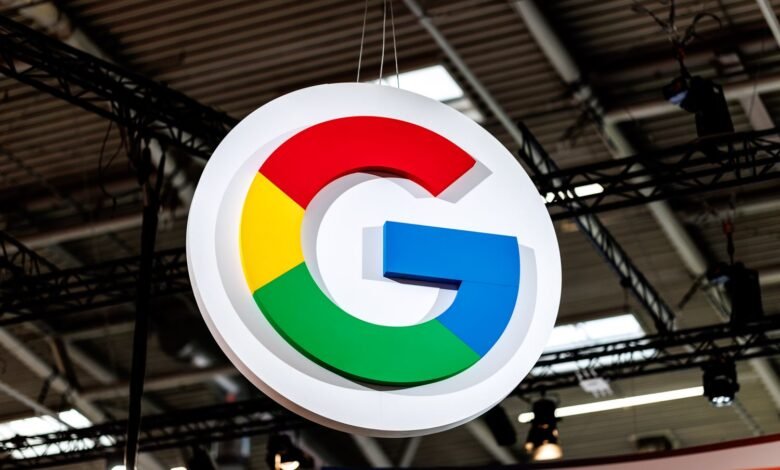
When ChatGPT arrived in late 2022 it didn’t just thrill the internet — it changed the business and legal story around search. That shift helped clear part of the runway for Alphabet’s – Google’s parent company – rise to the 3 trillion-dollar club. Only 3 other companies in history have ever reached this valuation before; Microsoft, Nvidia and Apple.
How did ChatGPT and AI companies help Google reach the 3-Trillion-Club?
Here’s how the chain of events worked. U.S. District Judge Amit Mehta ruled last year that Alphabet holds an illegal monopoly, saying its dominance in online search “has gone unchallenged for well over a decade.” Fast forward to Tuesday, the same Judge declined to impose strict requirements that the government had called for -which included breaking Chrome browser division from Google -, saying the rise of AI companies in the past two years has already created competitive pressure. Judge Mehta wrote that “the emergence of GenAI changed the course of this case,” noting how quickly large language models and chat assistants have entered the market and attracted capital. That framing weakened the argument for the most extreme penalties to Alphabet, instead of breaking off the Chrome division, the tech giant was ordered to share search data with competitors and that it cannot enter exclusive contracts to stifle competition. Investors were thrilled by this lighter sentence the stock rally that followed was one of the drivers that helped push Alphabet to the $3T milestone.
People no longer just “Google it”
Legalities aside, ChatGPT and its competitors proved that conversational AI can be a new way for users to get information online instead of the traditional way that mostly involved doing a Google Search. AI has fundamentally changed how people seek information, moving from a simple keyword search to asking questions in a natural conversational style, a format which AI thrives at. That prospect made investors and analysts more bullish on companies that can combine search, cloud and AI — namely Alphabet — while also opening space for new entrants like OpenAI, Anthropic and Perplexity to attract funding and users.
Why it matters
First, more intense competition in AI tends to produce better tools and new distribution channels. As global platforms chase AI use-cases, they expand cloud capacity, developer credits and partner programs — resources Kenyan businesses can tap into. Google already runs programs and cloud-credit schemes for African startups and has been rolling out cloud regions and accelerator support that benefit local developers. Those commitments mean cheaper and faster access to model training, hosting and developer tools — practical advantages when building AI products.
Second — and crucially — generative AI changes discovery. Instead of relying solely on being the top result on Google’s first page, businesses can be surfaced inside AI assistants’ answers, knowledge panels, or cited within chat responses. That creates new ways to find businesses that historically struggled to outrank bigger players on traditional SEO. The catch: visibility inside AI systems depends on structured data, authoritative content, and sometimes platform partnerships — so Kenyan businesses need to prepare by publishing clear, high-quality, machine-readable information (structured schema, FAQs, API-accessible knowledge bases).
Finally, competition is likely to nudge advertising and product models. New ad formats and sponsored placements inside assistants, plus shifts in click behavior, will reshape how advertisers buy attention and how publishers monetize. For Kenyan advertisers and publishers this means experimenting early with AI and making content easily consumable by assistants.
Bottom line
ChatGPT and fellow generative-AI products are just a part of the reason Alphabet is now worth over $3 trillion, but more significantly, they present an opportunity for Kenyan businesses, publishers and advertisers to access new tools, potential cost relief in cloud services, and fresh routes to be discovered beyond traditional Google rankings. The smart play now is to make content and services both human-friendly and AI-friendly so you show up wherever users ask their next question.






